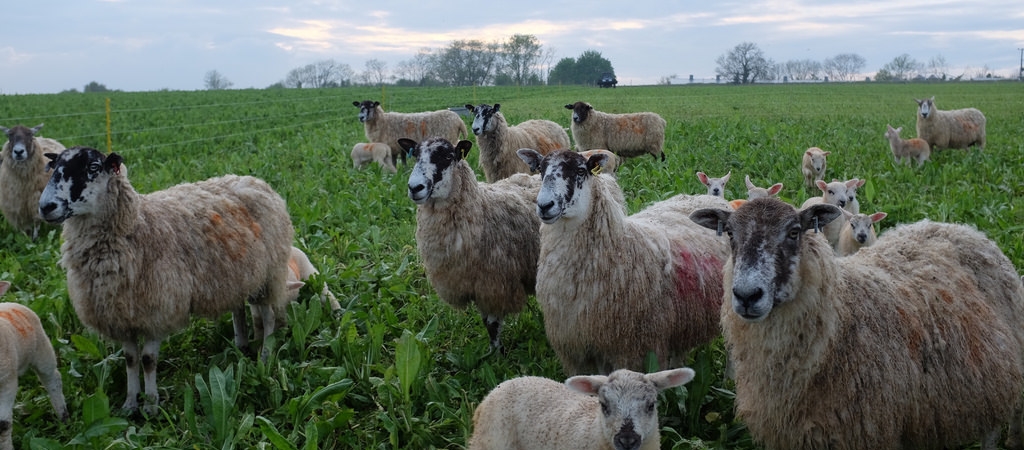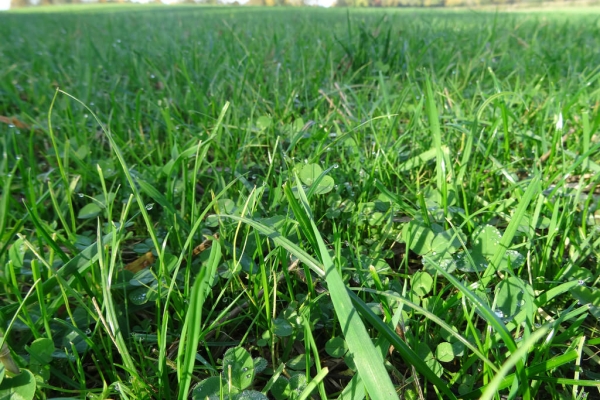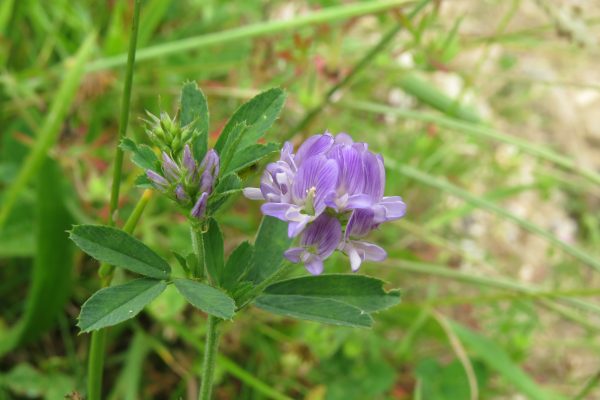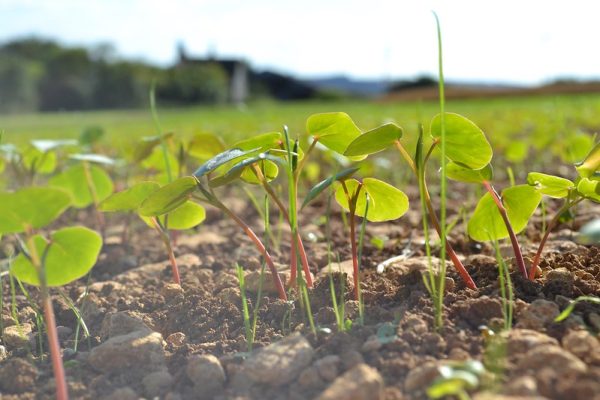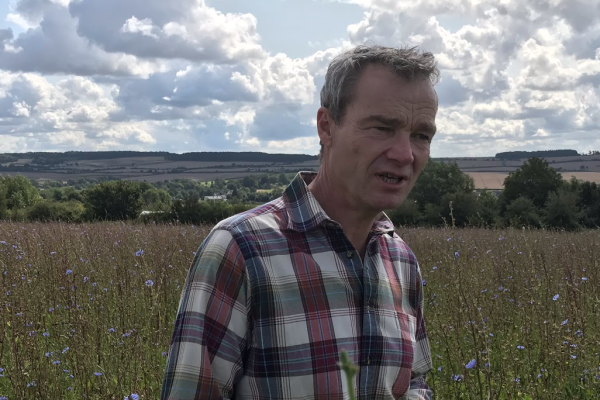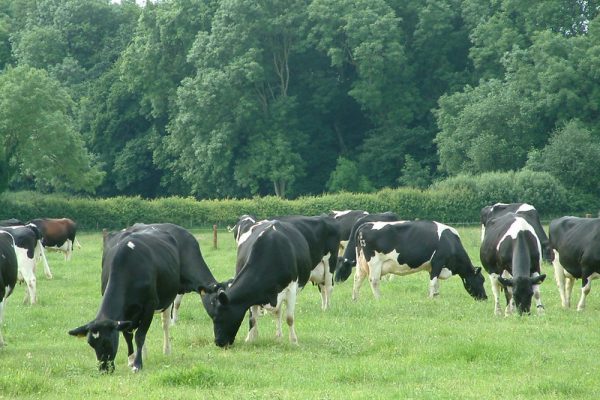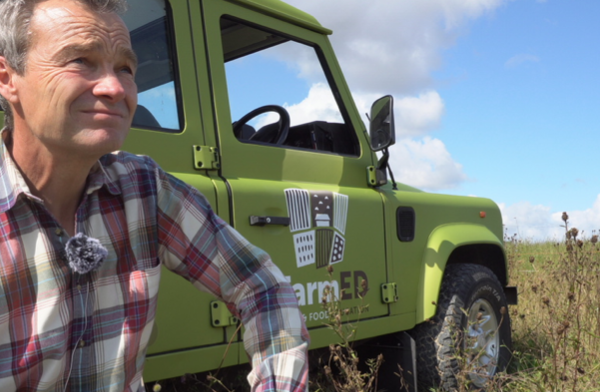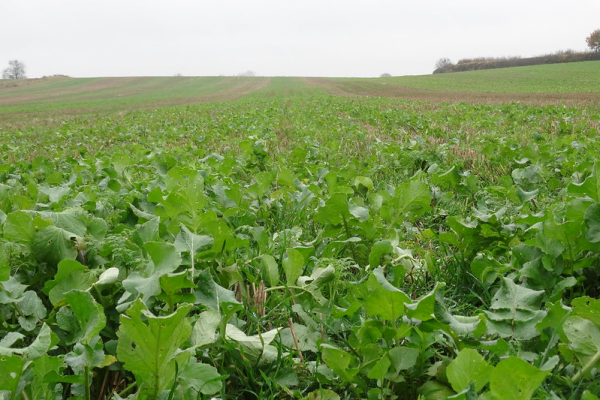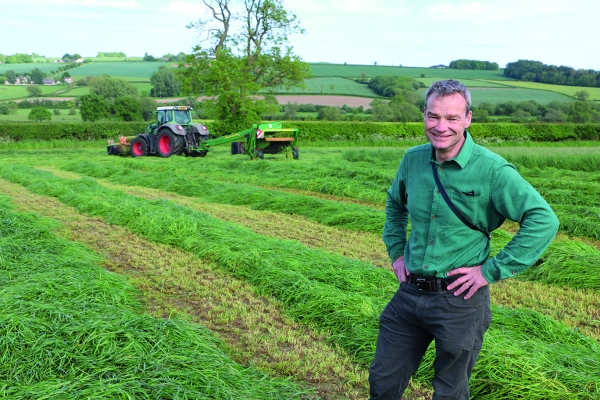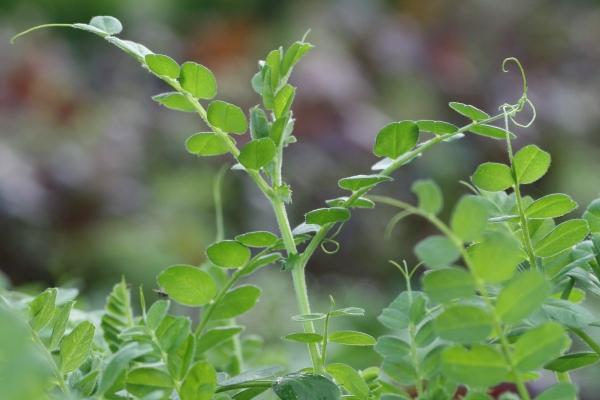Digging the Dirt on Honeydale Farm
Resource explained
This is one of a series of reports by the Soil Association describing how farmers are benefiting from investing in their soil. In this one, Ian Wilkinson, Managing Director of Cotswold Seeds, provides some insights into farming practices on Honeydale Farm, with improving and maintaining soil quality being cited as the most important factor in being able to farm sustainably whilst maintaining a respectable income. The report provides some background to Ian’s approach and describes the five stages of the 8 year rotation on the farm, the first of which focuses on soil improvements through placing a deep rooting herbal ley (which is rotationally grazed by sheep), at the heart of the rotation.
Findings & recommendations
- The five stages described within the 8 year rotation are:
- Planting herbal leys and using ‘mob grazing’ to improve the soil;
- shallow ploughing the ley in at the end of its four years and using forage crops which are grazed by ewes to help with effective destruction of the ley and help protect soil biodiversity;
- undersowing wheat with clover and trefoil (which is then grazed by sheep) and using direct drilling to help with weed suppression;
- incorporating a wild bird seed mix into the rotation to benefit wildlife, the soill, and weed control;
- and nurse cropping by re-establishing the grass ley.
- Sheep are described as being fundamental to the system, transferring fertility from their manure and urine to the soil. The grazing of the grass leys is also effective in controlling weeds such as perennial sow thistle, which is grazed off before it gets a chance to seed.
- The report also describes investigations into ‘adding value’ to crops, an innovative system put in place to help reduce flooding, recent installation of beehives, and research being undertaken that focuses on the deep rooting mixtures, looking at forage quality, and nitrogen losses and emissions.
Also see ‘Digging the Dirt on Curlew Call Farm‘ and ‘Digging the Dirt on Lower Smite Farm‘
Photo credit: Ian Wilkinson (as featured in ‘Companion crops are a farmer’s friend‘)
